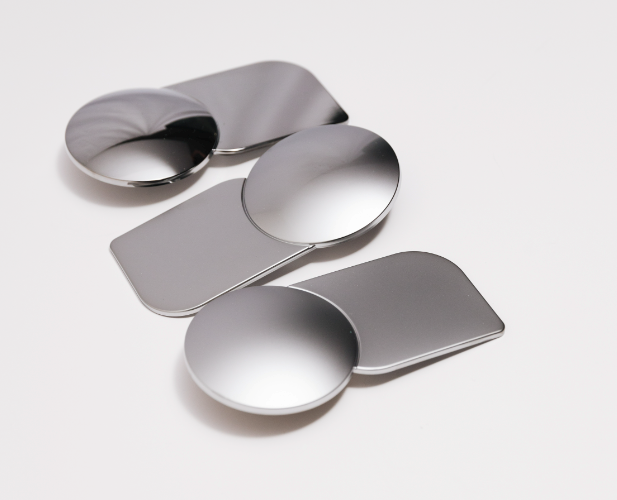Chromium Free Etching for Plating on Plastics
MacDermid Enthone Industrial Solutions promotes Evolve as first production-proven chromium-free etching process for plating on plastics.

MacDermid Enthone (Waterbury, Conn.) is promoting an innovative pre-treatment for plating on plastics (POP) that emphasizes sustainability and CR (VI)-free technology, and enables customers — particularly automotive OEMS — to environmentally achieve evolving product needs.
Known as Evolve, the pretreatment is said to offer an environmentally sustainable solution for the full supply chain including applicators, Tier 1s, and manufacturers. It has been tested and qualified to meet the high-quality specification requirements of automotive OEMs (including VW and FCA).
MacDermid Enthone says the product is part of its commitment to providing alternatives to Substances of Very High Concern (SVHC) within the surface finishing supply chain — Evolve is PFOS-free and both REACH and China wastewater compliant.
Evolve is the first production-proven chromium-free etching process for plating on plastics. Successfully rolled out in the Americas, Asia, and Europe, Evolve is reported to be suitable for most applicators of plastic treating substrates such as ABS and ABS/PC for all industry segments: automotive; sanitary; building, hardware and fashion/cosmetic. With a wide working window, the Evolve process is suitable to plate small-to-large and flat-to-complex geometry parts. Benefits are said to include superior adhesion, improved optical appearance of the final layer, a versatile and adaptable process cycle, simple and effective process control, and resistance to rack metallization.
MacDermid Enthone Industrial Solutions | 203 575-5700 | industrial.macdermidenthone.com
Related Content
-
How to Maximize Nickel Plating Performance
The advantages of boric acid-free nickel plating include allowing manufacturers who utilize nickel plating to keep up the ever-changing regulatory policies and support sustainability efforts.
-
Products Finishing Reveals 2023 Qualifying Top Shops
Each year PF conducts its Top Shops Benchmarking Survey, offering shops a tool to better understand their overall performance in the industry. The program also recognizes shops that meet a set of criteria to qualify as Top Shops.
-
Nanotechnology Start-up Develops Gold Plating Replacement
Ag-Nano System LLC introduces a new method of electroplating based on golden silver nanoparticles aimed at replacing gold plating used in electrical circuits.











.jpg;maxWidth=300;quality=90)



